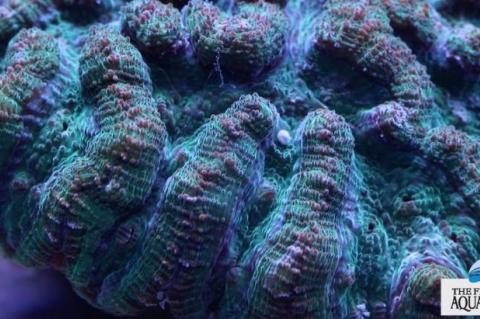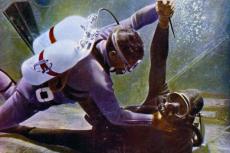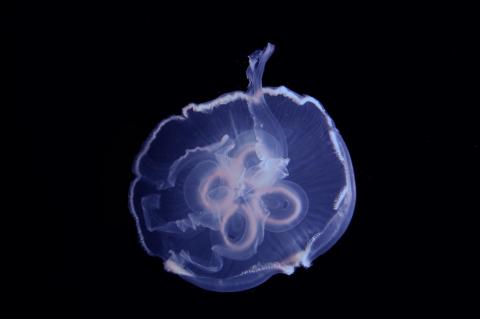Divers find ancient bust of Julius Caesar in French river
Divers in France have found the oldest known bust of Roman dictator Julius Caesar at the bottom of the River Rhone
The marble bust was found near Arles, which was founded by Caesar.
France's culture ministry said the bust was from 46BC, the date of the southern town's foundation. The ministry described the bust - which shows a lined face and a balding head - as typical of realist portraits of the Republican era.
Caesar was a politician and general of the late Roman republic, who greatly extended the Roman empire before seizing power and making himself dictator of Rome, paving the way for the imperial system.
Realistic marble
In flattering posthumous portraits Julius Caesar was often portrayed as a dashing, healthy-haired, divine being. But now a realistic marble bust believed to be the oldest representation taken during his lifetime has been discovered at the bottom of the river Rhône in France.
The life-sized bust, which has thrilled French archaeologists, shows a man in his fifties with the receding hair said to have given him a complex after taunts from his battlefield enemies. He also has wrinkles and lines that reflect the war-hardened life of the man who conquered Gaul and whose quest for power was largely responsible for turning the Roman republic into a dictatorship that would later become an empire.
It said other items had been found at the same site, including a 1.8m (6ft) marble statue of Neptune from the first decade of the third century AD, and two smaller statues in bronze.
Divers taking part in an archaeological excavation made the discovery between September and October 2007.





























